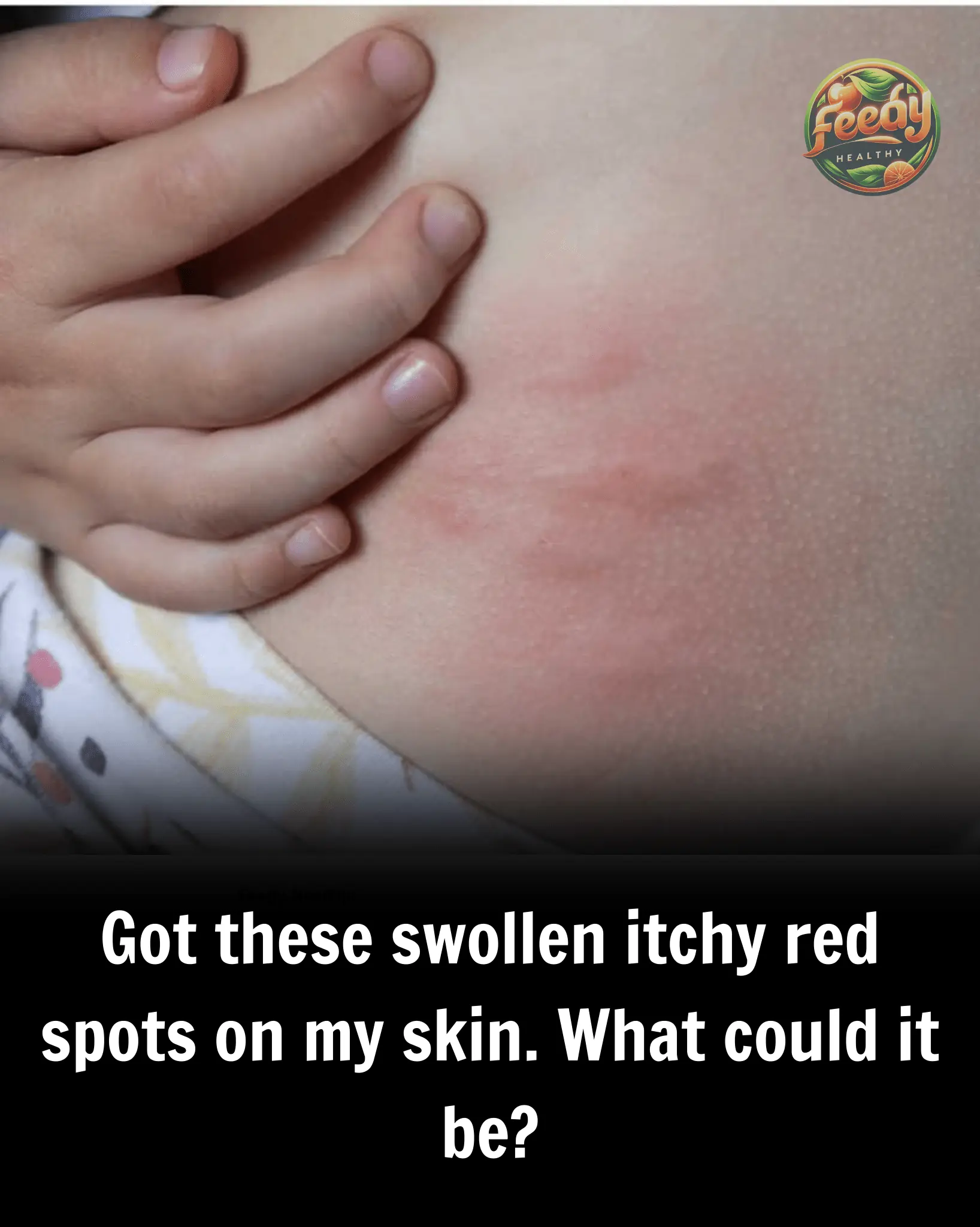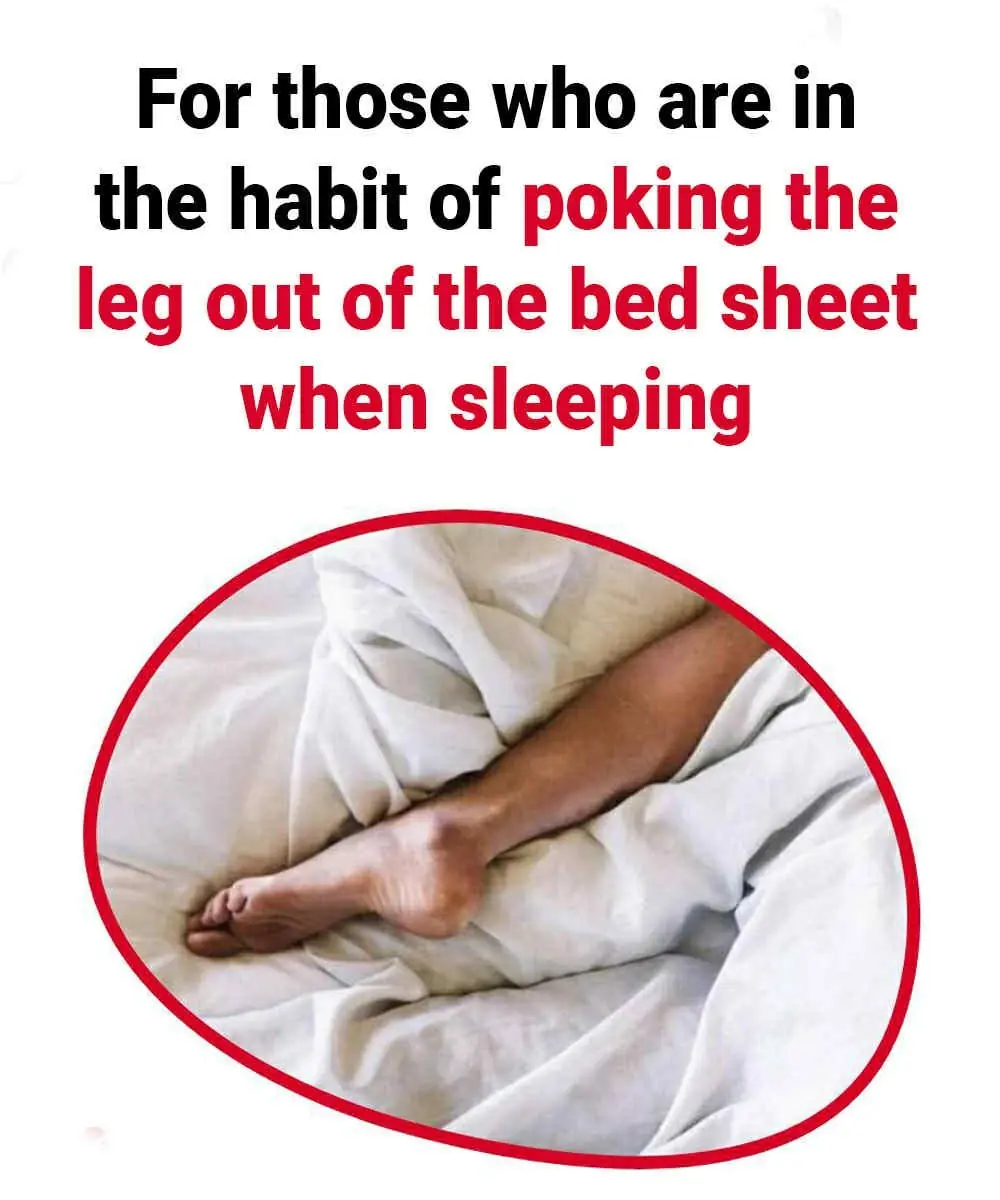
Swollen, Red, and Itchy Spots on the Skin: Causes, Treatments, and Prevention

Skin problems are something most people deal with at some point. One of the most common issues is the appearance of red, itchy, and swollen spots. These skin reactions can result from a wide range of causes—from harmless irritations to more serious health concerns. Knowing what’s behind these symptoms and how to handle them properly is essential for both comfort and skin health.
What Causes Red, Swollen, Itchy Spots?
These kinds of skin reactions can have many triggers. Some of the most common include:
-
Allergic reactions
-
Insect bites
-
Infections (bacterial, viral, or fungal)
-
Chronic skin conditions
-
Environmental irritants
Identifying the root cause is key to choosing the right treatment.
1. Allergic Reactions – When the Immune System Overreacts
Allergies happen when your immune system treats harmless substances like pollen, pet dander, certain foods, or medications as threats. This can lead to symptoms like hives—raised, red, and itchy patches on the skin.
How to manage:
-
Avoid known allergens
-
Use over-the-counter antihistamines
-
Apply calming creams to ease irritation
2. Insect Bites – Common but Irritating
Bites from mosquitoes, fleas, bedbugs, or other insects often cause red, itchy bumps with mild swelling. The itchiness is usually due to the body's reaction to insect saliva.
Relief tips:
-
Apply anti-itch creams or calamine lotion
-
Use ice packs to reduce swelling
-
Keep the area clean to prevent infection
3. Infections – When Germs Attack the Skin
Certain infections can cause rashes or itchy spots. For example:
-
Bacterial: impetigo
-
Viral: shingles
-
Fungal: ringworm
Treatment depends on the type of infection:
-
Antibiotics for bacterial infections
-
Antifungal creams for fungal rashes
-
Antiviral medication for viruses like shingles
4. Chronic Skin Conditions – Ongoing Skin Struggles
Conditions like eczema and psoriasis don’t go away easily and can cause long-term flare-ups of red, itchy patches.
Common treatments include:
-
Daily moisturizing
-
Prescription creams (like corticosteroids)
-
Avoiding triggers such as stress, allergens, or harsh soaps
5. Environmental Irritants – Your Surroundings Matter
Sometimes your skin is simply reacting to external factors like:
-
Harsh weather (wind, extreme heat, cold)
-
Air pollution
-
Household chemicals or strong soaps
To protect your skin:
-
Wear protective clothing
-
Use fragrance-free and gentle skin products
-
Limit exposure to known irritants
When Should You See a Doctor?
Most skin flare-ups can be treated at home. However, it’s best to seek medical help if:
-
The symptoms don’t improve after a few days
-
The area becomes more painful or swollen
-
You develop a fever or trouble breathing
-
The rash spreads quickly or looks infected
How Doctors Diagnose Skin Issues
A healthcare provider may:
-
Physically examine the skin
-
Ask about recent exposures or medical history
-
Perform tests like:
-
Skin biopsies
-
Allergy testing
-
Blood tests
-
This helps pinpoint the cause and shape a treatment plan.
Treatment Options – What Works for What
Depending on the diagnosis, treatment might involve:
-
Antihistamines for allergies
-
Topical or oral medications for infections
-
Steroid creams for inflammation
-
Natural remedies like cool compresses or oatmeal baths for soothing itchy areas
Preventive Skin Care Tips
Preventing red, itchy outbreaks means:
-
Practicing good hygiene
-
Using gentle, non-irritating products
-
Staying hydrated
-
Moisturizing daily
-
Avoiding personal triggers (like certain fabrics or foods)
Simple, consistent care often makes the biggest difference.
Final Thoughts
Swollen, red, itchy spots can stem from many different causes, and treating them effectively starts with understanding why they appear in the first place. While many cases are mild and manageable at home, don’t hesitate to seek medical advice if symptoms persist or worsen. A little knowledge and the right care go a long way in keeping your skin calm, healthy, and comfortable.
News in the same category


The Windows 10 Wallpaper That Was Shockingly Real

Olympic Medal Turned Into a Miracle: The Selfless Act of Maria Andrejczyk

A Little Boy’s Silent Prayer That Touched the World

Bullied 7-Year-Old Boy Finds a Kindred Spirit in Cat With the Same Rare Conditions

Single Dad in Thailand Dresses as Mom to Support His Daughter

Man With Facial Disfigurement Asked to Leave Restaurant Before Sitting Down

She Had 43 Cosmetic Procedures To Become A Barbie Doll – Critics Say She Looks Like A ‘Zombie’

She believed it was just an ordinary photo — but zooming in revealed a shocking truth that turned her world upside down

Newly married couple tragically discovered dead in their car just weeks before celebrating their first anniversary

Sleeping Trick? Why Sticking One Foot Out Actually Works

Two best friends died hand in hand in an accident right before prom night

Divorce warning signs you might be ignoring

🌱 UBC Scientists Develop the World’s First Mushroom-Powered Waterless Toilet

Elon Musk: Building a Thriving Mars Colony Means 100,000 People, 1 Million Tons of Cargo and a Mission Beyond Just Arrival

October 21: Rare Green Comet Meets Orionid Meteor Shower in a Double Cosmic Spectacle

Indian Engineers Win Ig Nobel Prize for UV Shoe Rack That Kills Bacteria and Eliminates Odor

Nobel Prize 2025: Breakthrough Discovery Reveals How the Immune System Knows When to Stop Attacking Itself

GE’s Haliade-X: The World’s Most Powerful Wind Turbine Revolutionizing Clean Energy

Google Grants a Special Birthday Wish from a Little Girl
News Post

WHAT HAPPENS WHEN WE TONGUE KISS…See more

Nature’s Secret: 4 Healing Leaves That Support Metabolism, Immunity & Circulation Naturally

Don’t Drink Coconut Water Before You Know These 11 Secrets!

Pumpkin Seed Milk — The Natural Parasite Cleanser

Fast Rice Water Trick for a Brighter Smile

Morning Drink to Revive Your Kidneys Fast

The Onion Recipe That Could Transform Your Blood Sugar, Support Cleaner Arteries, and Protect Your Heart!

Top 4 Fruits That Help Your Kidneys Flush Out Toxins While You Sleep

Ginger, Clove, and Honey: The Natural Trio Your Body Will Thank You For

Heal 15 Years of Joint Pain Naturally with Turmeric and Honey Tea

This Juice Revived My Grandma’s Energy — Say Goodbye to Fatigue and Body Pain with This Natural Recipe

The Benefits of Eating 2 Boiled Eggs Every Morning: Transform Your Health!

If Your Kidneys Are in Danger, Your Body Will Send You These 8 Signals — Don’t Ignore Them

The Surprising Effects of Avocado on Your Heart and Brain

Ways to Get Over a Man Who Didn’t Value You

I’m 66 but Look 36 — My Secret? Aloe Vera & Ginger for Firm, Smooth Skin

How to Make Okra Water to Treat 17 Health Problems Naturally

Banana and Egg Mask to Look Younger Even in Your 80s

Scent Leaf Secrets Unveiled: 10 Surprising Health Benefits of This Miracle Herb
